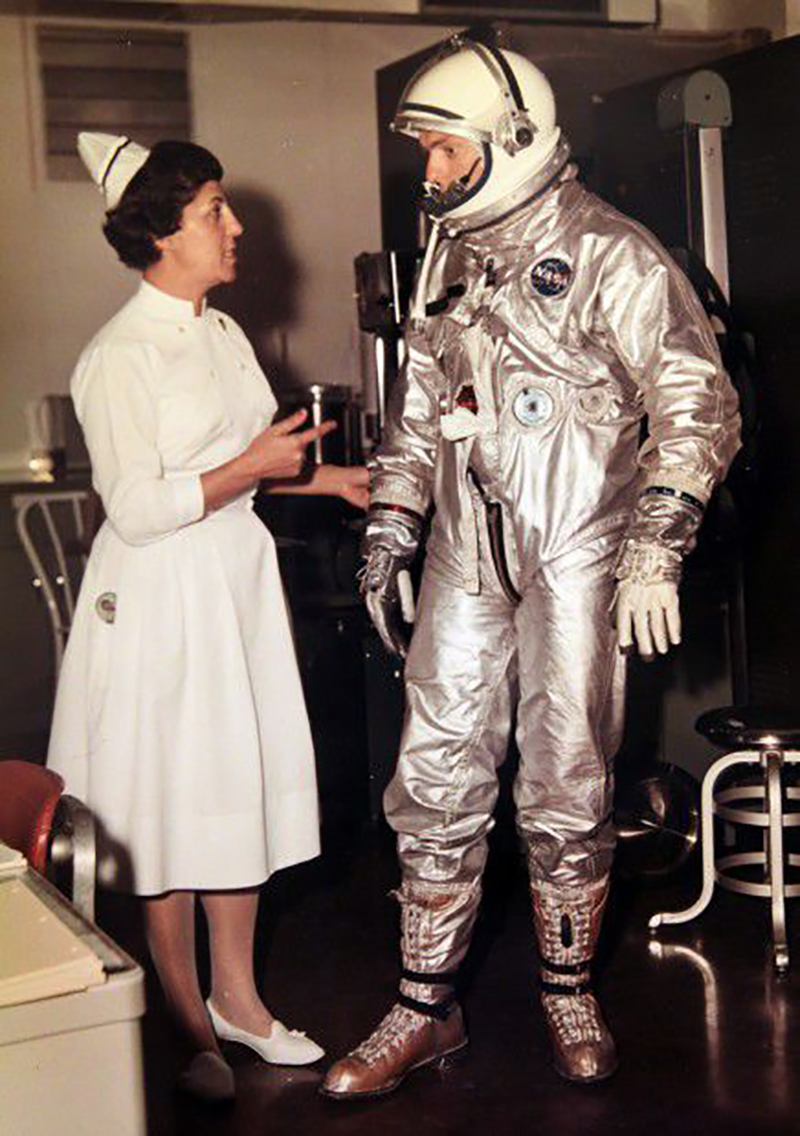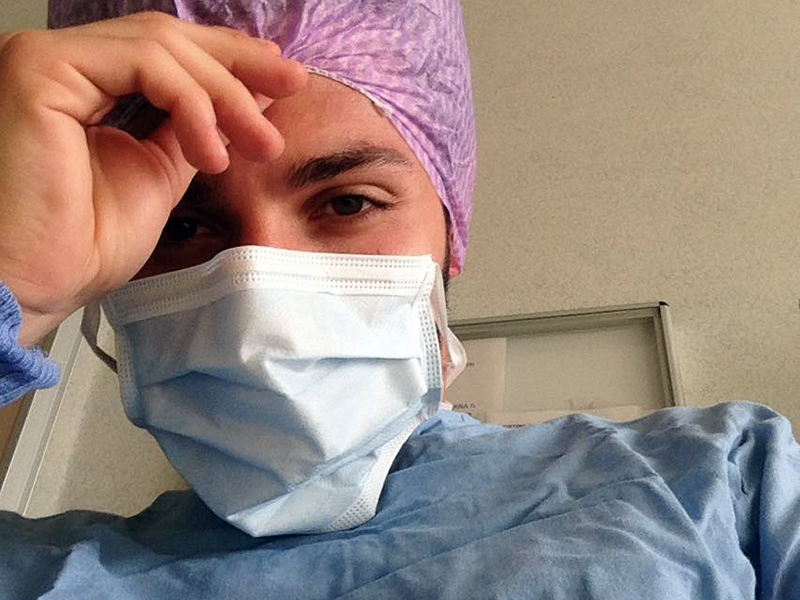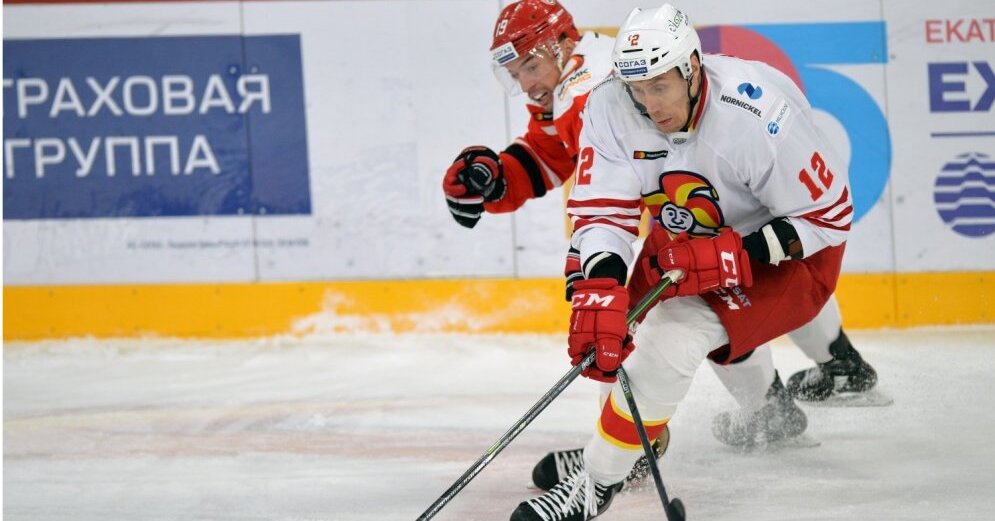Speaks Francesco Satiro, Nurse who has written a thesis on health care in the aerospace environment. Your degree thesis promoted by FNOPI.
We must go back to the sixties to find, with the first launches of living beings into space, the birth of aerospace medicine. It was Yuri Gagarin, Soviet cosmonaut, the first man to fly into space. On board the Vostok 1 it reached Earth’s orbit in 1961. Since then, space missions have intensified both in number and in duration: astronauts remain in orbit for weeks and even months in space stations.
Doctors, Nurses and Health Professionals in space: the assault on the Moon begins.
The permanence in space – we read in a service de The Nurse, professional update newsletter of the National Federation of Nursing Professions Orders (FNOPI) – that is, life and work there are not free from problems of different nature: weightlessness, difficulties in physiological functions, methods of nutrition, radiation , solar radiation are just some of those that astronauts encounter and which are reflected in different ways and measures on the organism.

There are many studies that document and deepen the effects of space on the human organism: aerospace medicine has made many advances. For some time there has also been talk of aerospace nursing.
In what terms, with what implications, what applications, for what objectives, we talked about it with Francesco Satiro, a young colleague from Pescara who graduated with honors in Nursing by discussing the thesis “A new horizon for the profession: characteristics and limits of aerospace nursing”.
Why did you think about a thesis on this topic?
The space, as well as the study of nursing, has always fascinated me, and so I tried to find a way to combine the two aspects with the aim of deepening. I wrote to the executive director of the Space Nursing Society, a joint venture with NASA (and was amazed to discover that American nurses had been dealing with this specialty for ten years) expressing my interest in this area.
The director, surprised because I was the first in Italy, sent me a series of documents and guidelines concerning aerospace nursing by mail.
In that instant, a universe of knowledge opened up before me. I needed a thesis like that to start talking about it and promoting discussion with colleagues.
Why is aerospace nursing a new horizon?
Because until now in our country it has never been talked about and with its development, new perspectives for the application of nursing can really be opened.
In a passage of your thesis you affirm that the medical and engineering technological innovations that push more and more towards an exit of man from the Earth’s orbit and therefore, not knowing the basic aspects and concepts of aerospace nursing is equivalent to not being updated on to what could happen in fifty years of history, to what the profession will have to face. What are the scenarios you imagine and what are the challenges for the profession?
The challenge will be to carry out these projects and in fact I am engaging with the OPI of Pescara to implement projects and study groups concerning changes in microgravity from a biological point of view but above all of welfare plans and from a socio-cultural point of view. Think of the loneliness that an astronaut feels and how, trivially, a nursing counselor would be a key figure in orienting the patient / cosmonaut’s emotions together with the multidisciplinary team of professionals (psychologists, doctors, engineers, botanists, etc.) or just think, just to mention a small aspect, to the modalities of administration of fluids in adverse physical conditions. The scenarios are not science fiction. We are not in a movie. Think of the international space stations: the goal is to transform part of these into medical check-up stations for the restoration of the astronaut’s vital and psychological parameters. Finally, let us think of Elon Musk: intergalactic flights for families and missions to land on Mars will soon depart.
Are there colleagues in Europe and the rest of the world who have carried out aerospace experiences?
American colleagues of course. Already in 1959 Delores O’Hara e Shirley Sineath were the first two nurses assigned to aerospace work with the Mercury Seven Astronauts: they were commissioned to develop an out-of-orbit emergency kit, perform check-ups for astronauts and develop a program for balanced nutrition.
Since then, the United States has focused on nursing research and the application of nursing practices in inhospitable places, such as, on the other hand, is space. In Europe, unfortunately, there are still no research calls for aerospace nurses and this is the element to be exploited and carried forward.
Starting from the end to go back: studying space helps to understand earthly processes.
What are the limits and what are the positives of Aerospace Nursing?
The limits are set by the environment: it is not easy to recreate the extreme conditions of the space and simulate possible events. It is a subject in some ways new and unknown.
The advantages? They are infinitely vast. The wonder given by space becomes a challenge for the professional: the concepts of sterility and pathogenicity of microorganisms change, the adaptation reactions of the person to the disease state change, the pathologies themselves change and the drugs that can be used to break them down, the research changes, changes the psychology of man changes in general the assistance itself, with three levels of operation in pre-flight, in orbit and in the return to earth.
The ways of seeing sexuality, joy, culture, interdisciplinarity change, group dynamics and levels of tension change. Relationships with family at home, with friends, with colleagues also change. There is a lot to the future of aerospace nursing.
–


